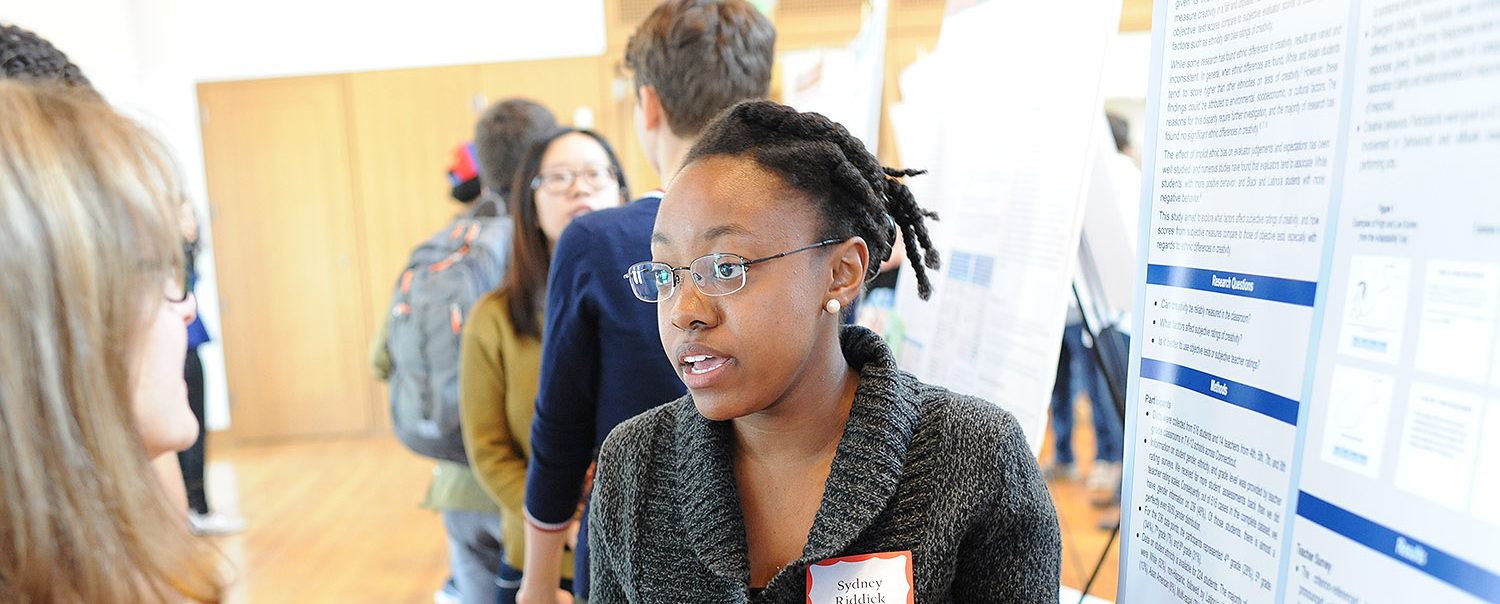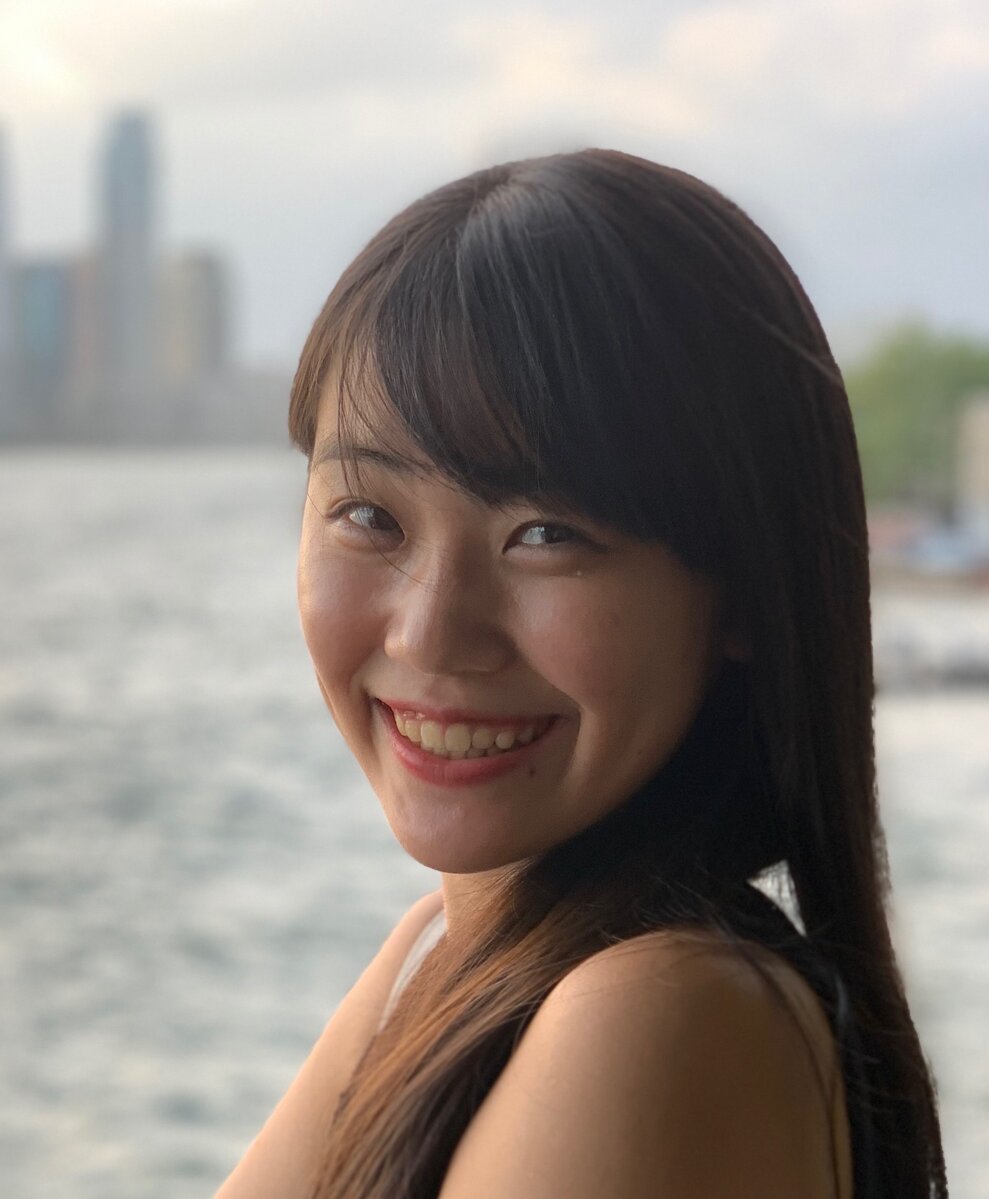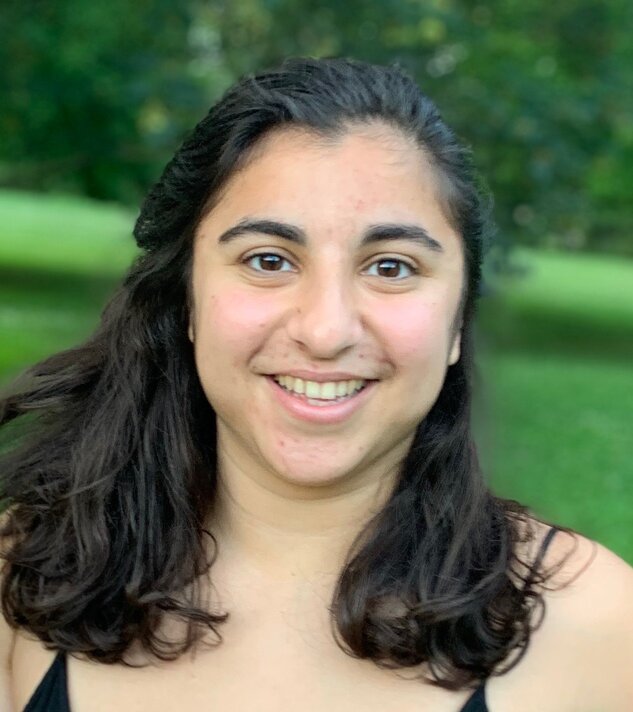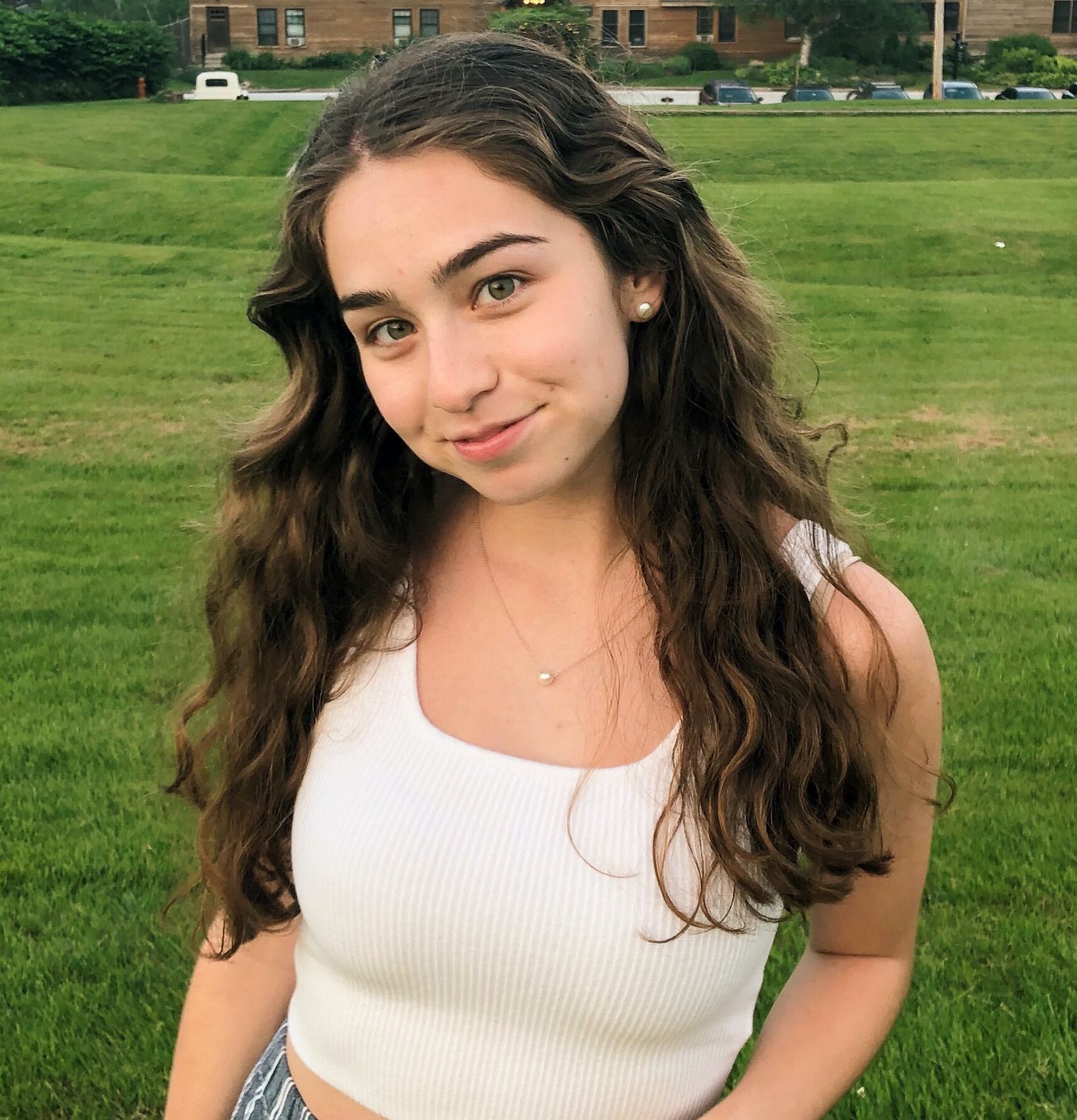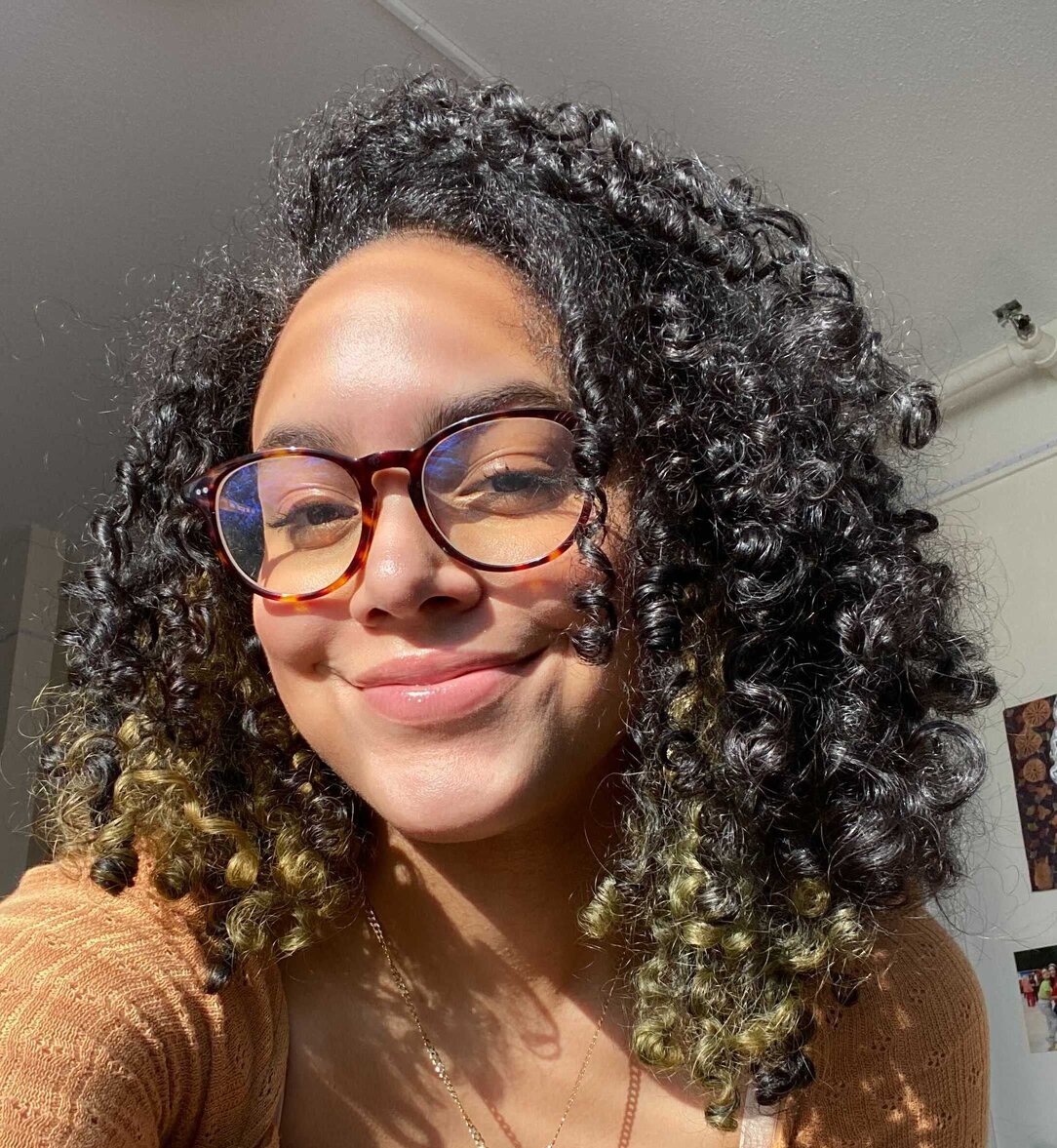Live Poster Session: Zoom Link
The goal of the present study was to determine whether the nature of the association between social support and general well-being was unidirectional or bidirectional. Participants were N = 619 college students (65.4% female, 59.5% Non-Hispanic White), who participated in an online longitudinal survey study. Measures assessed two forms of perceived social support: friends and family. General well-being was based on 4 indices: general health, self-control, anxiety symptoms, and depressive symptoms. Results of an autoregressive cross-lagged model (controlling for socio-demographic factors) provided support for unidirectional associations, such that perceived social support at baseline predicted better subsequent well-being, but not vice versa. These findings have implications for practitioners and researchers for future interventions that may facilitate social support as a means to improve general health and well-being during a pandemic.
Poster-2-1
